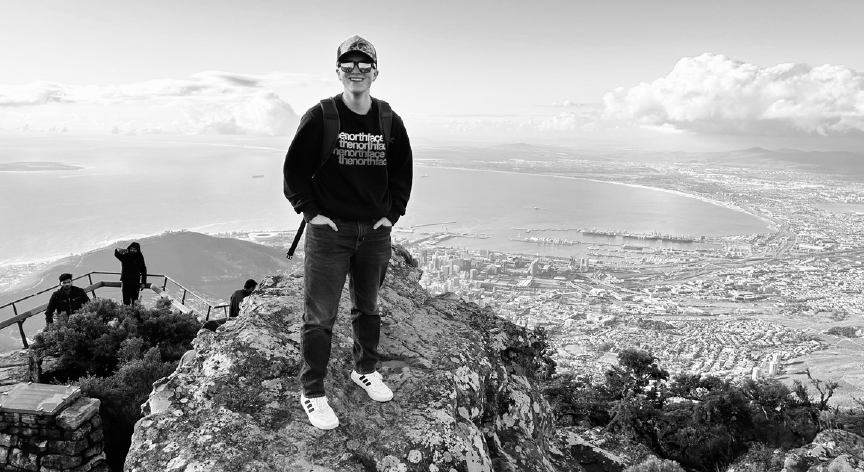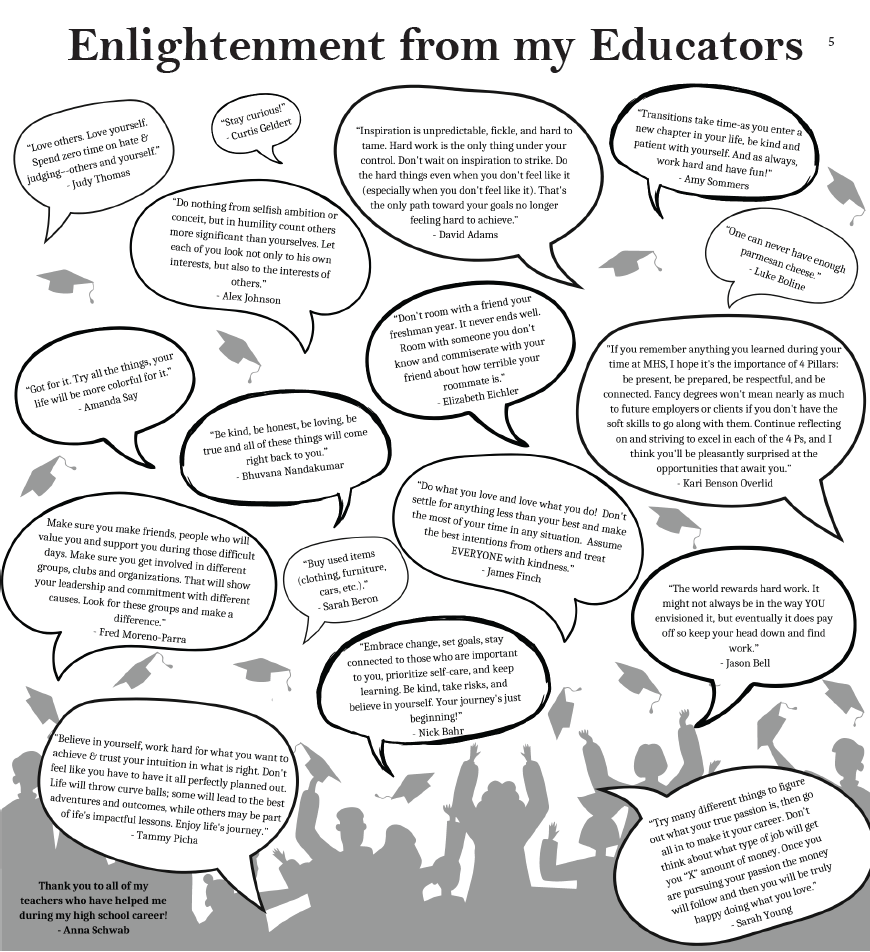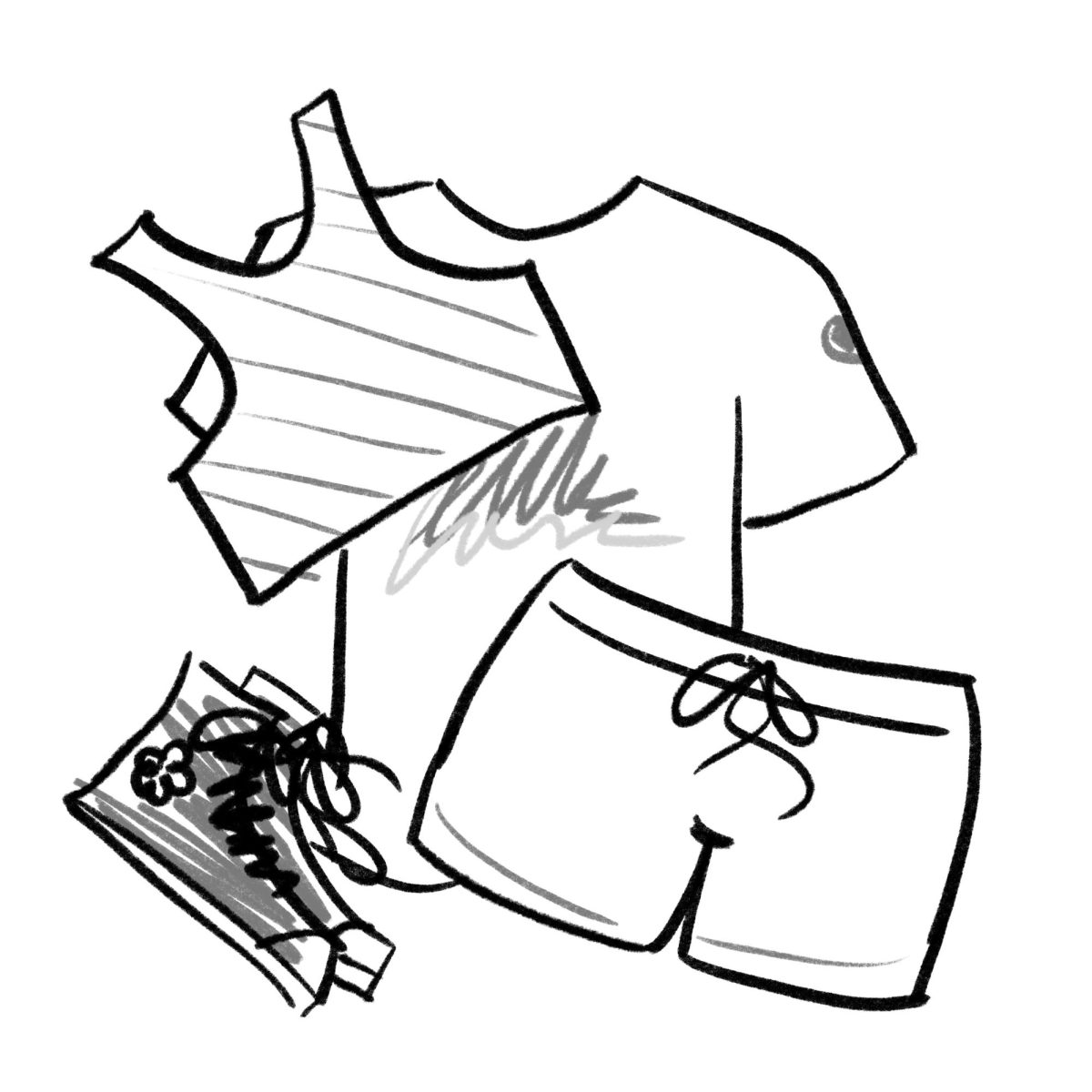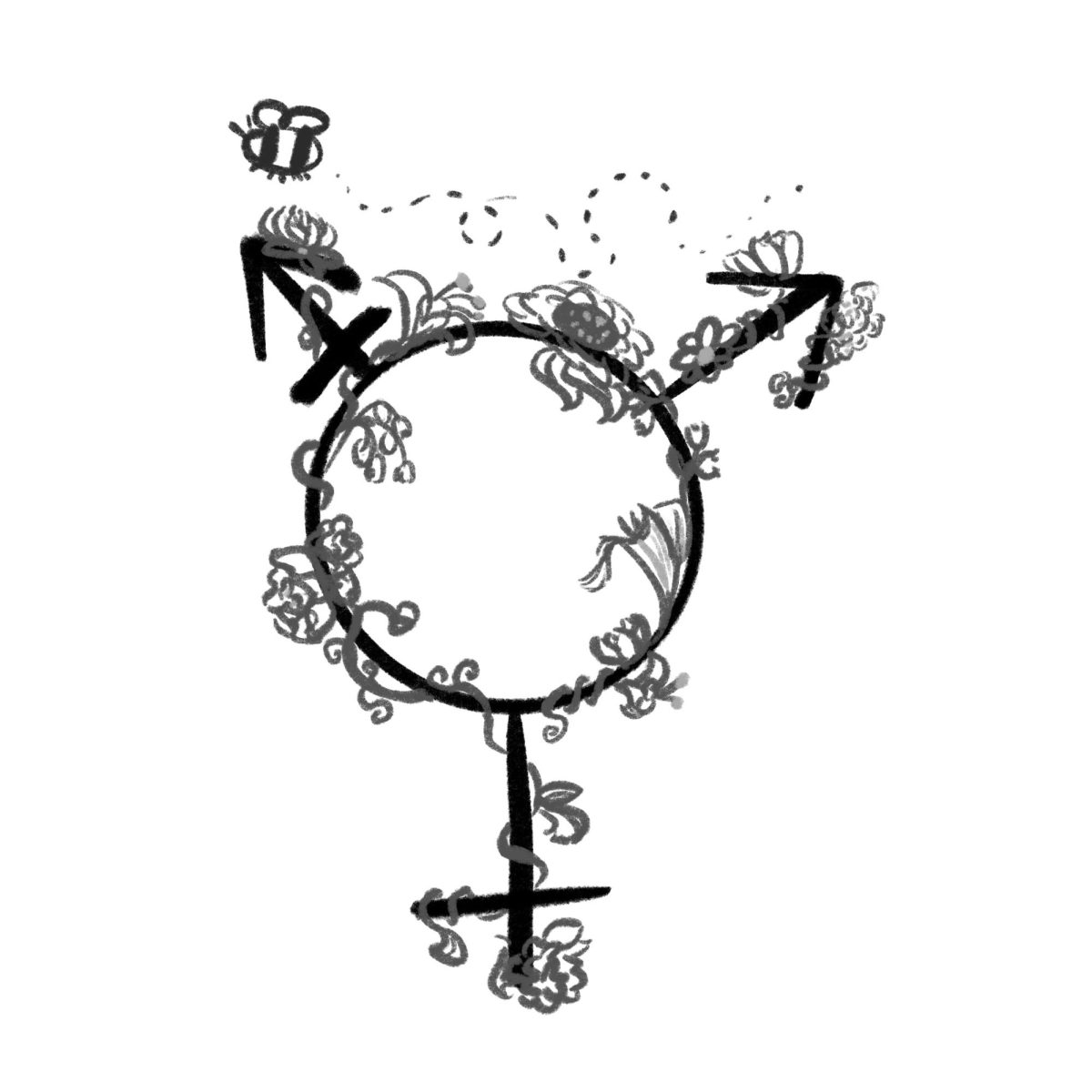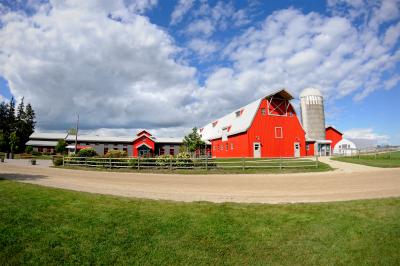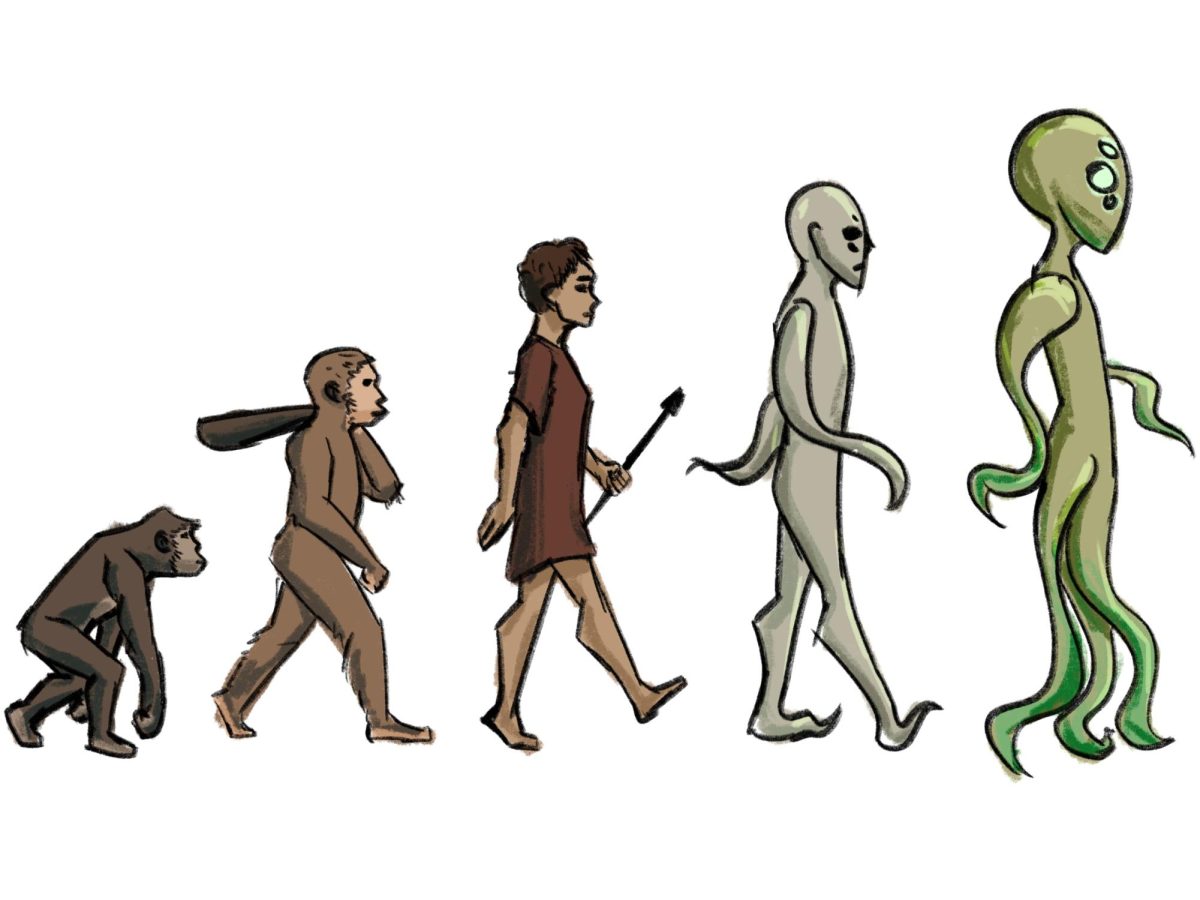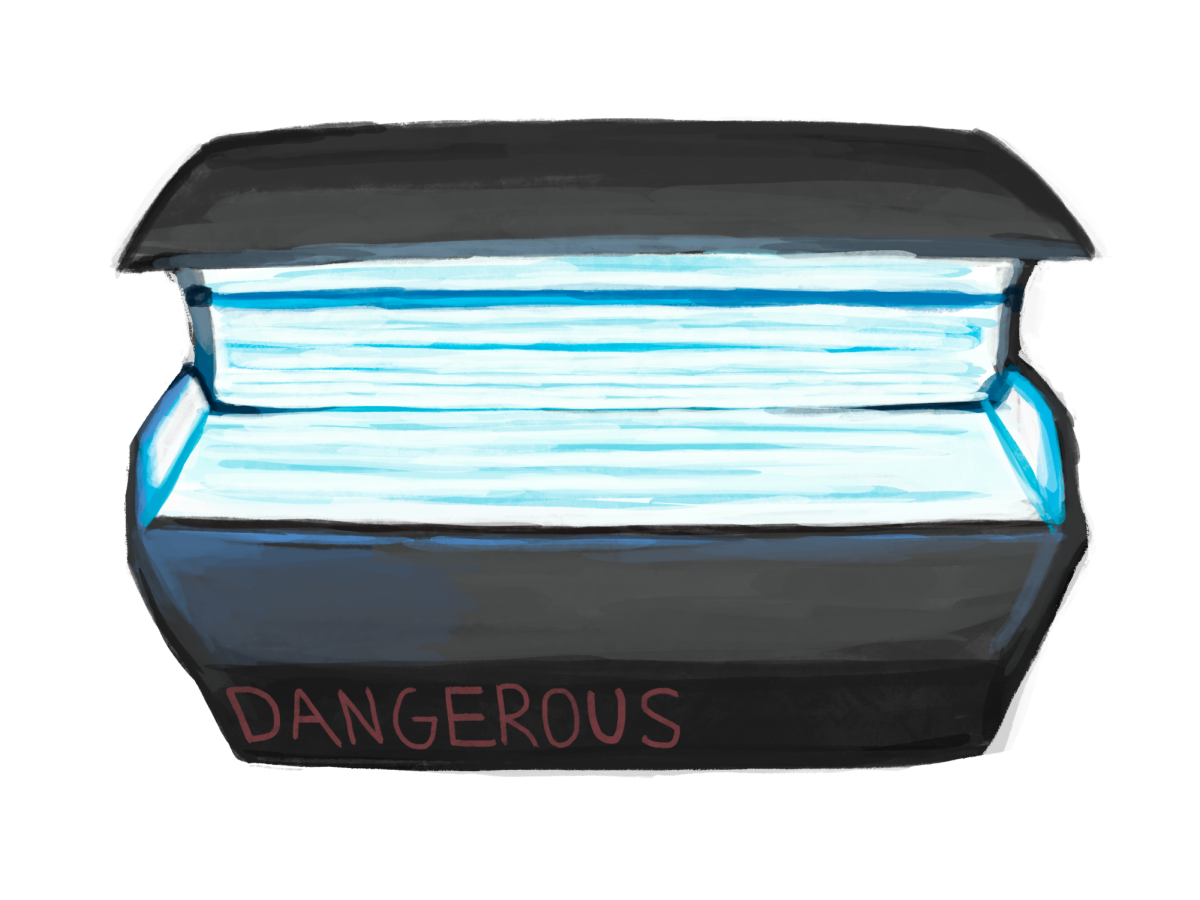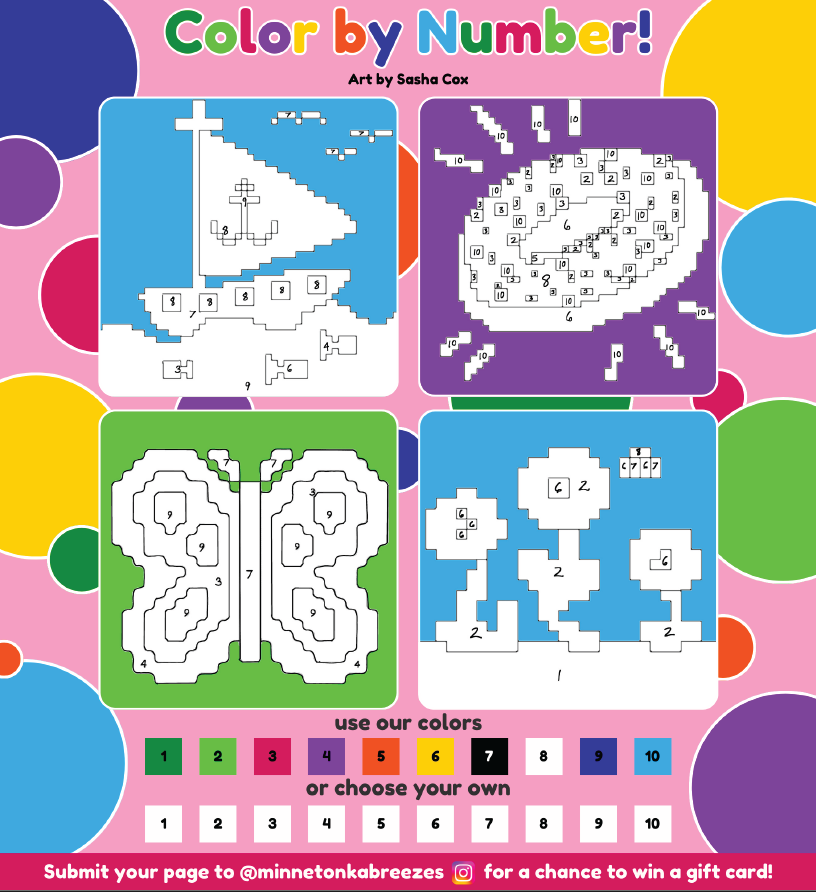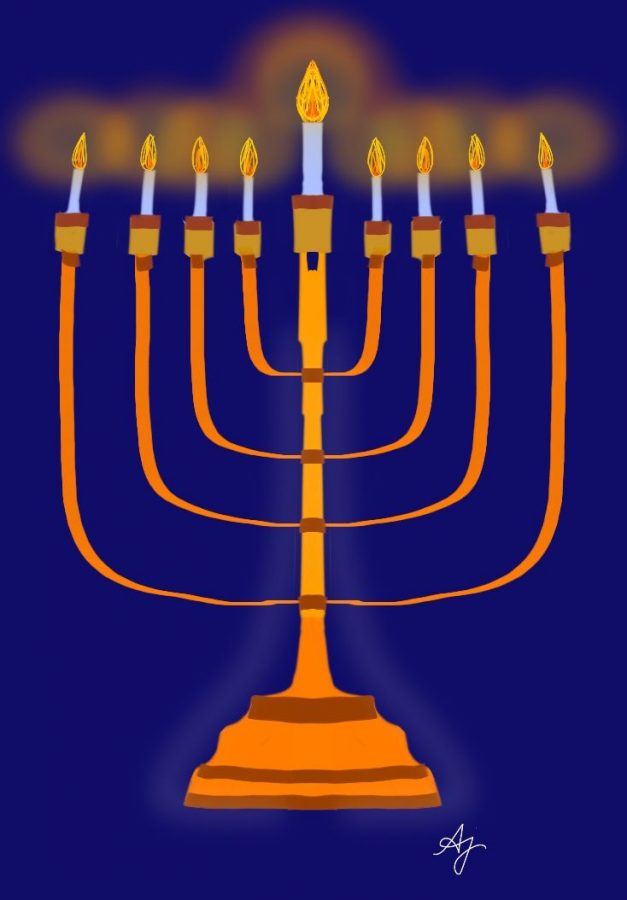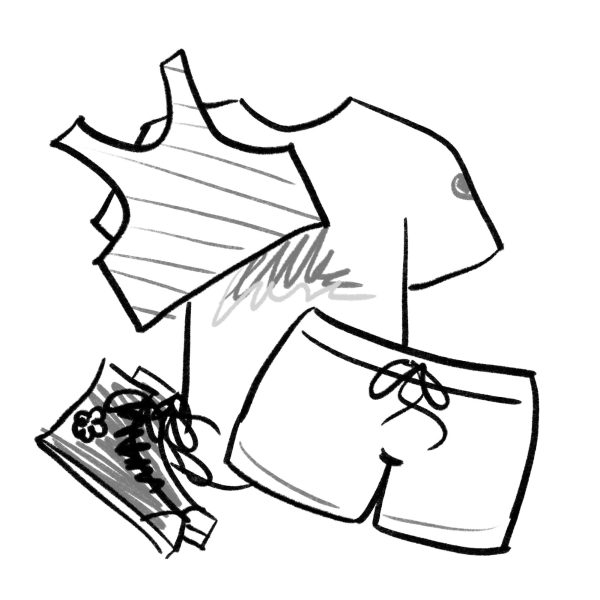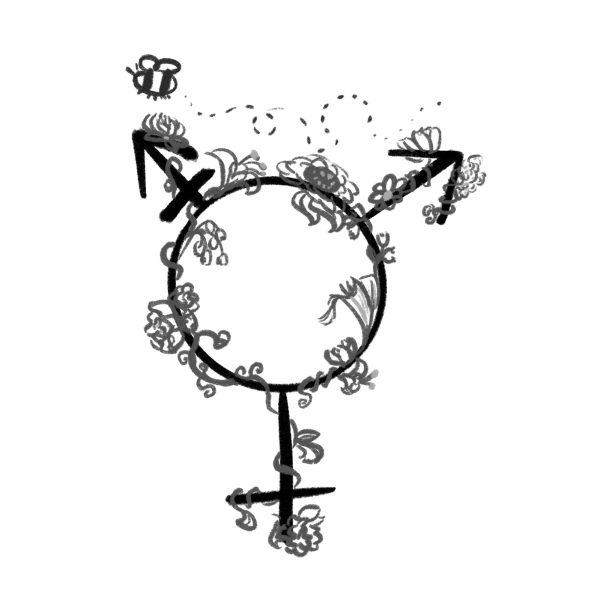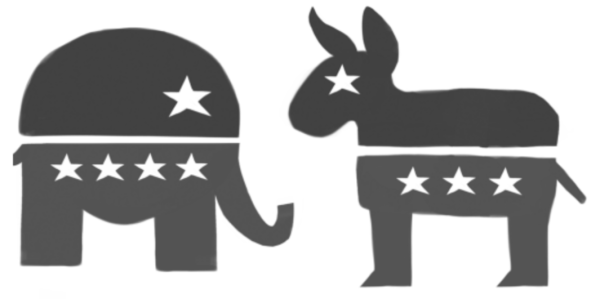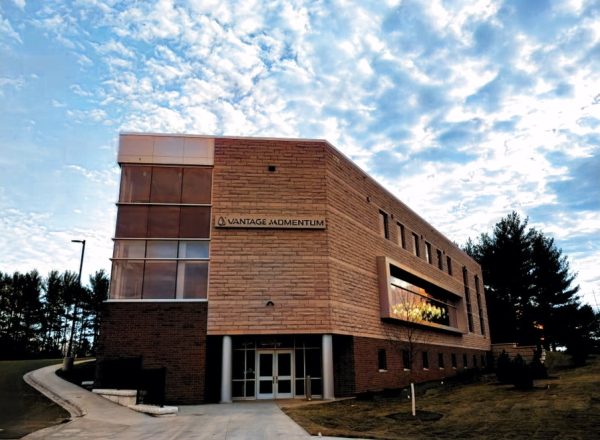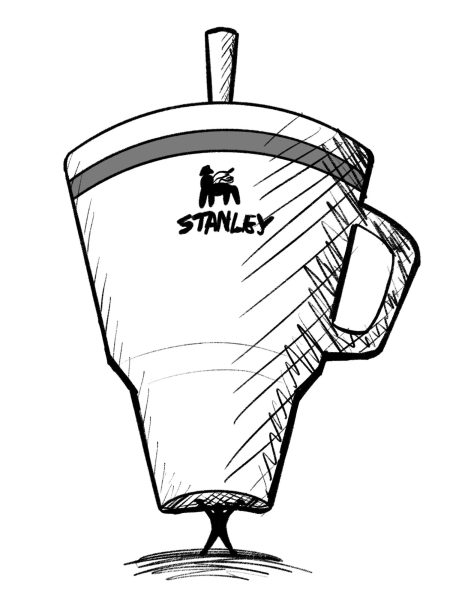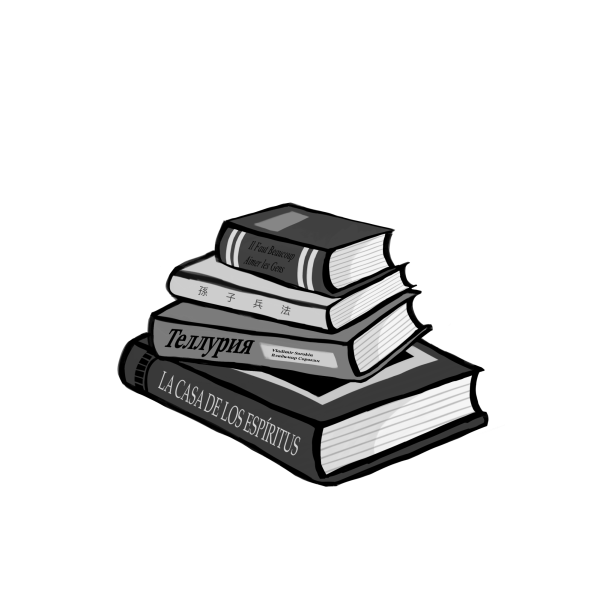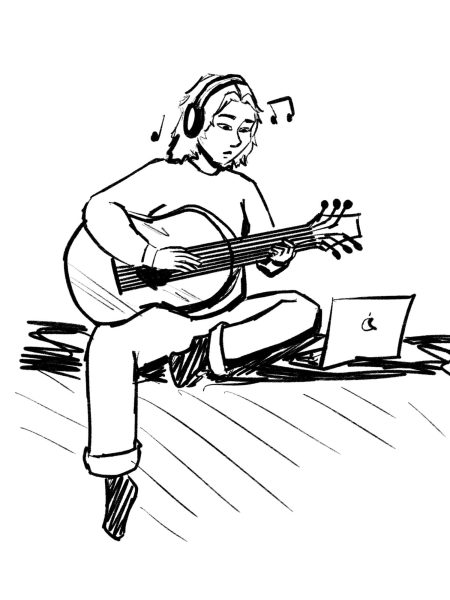Liberate Hanukkah from the “Jewish Christmas” Stereotype
December 20, 2019
As string lights and Christmas trees fill the streets during this season, thousands of Jewish kids watch as the country is engulfed in the holiday spirit. Although they may feel left out, they still have Hanukkah, the “Jewish Christmas”, right?
Hanukkah is somewhat of an enigma to the vast majority of the population. It’s the holiday that a friend-of-a-friend celebrates by lighting a menorah (technically called a Hanukkiah), playing with dreidels (a top with a Hebrew letter on each side), and, of course, giving gifts. While Hanukkah and Christmas are often equated as two of the major winter religious holidays, the two celebrations could not be more different.
Hanukkah is derived from the Hebrew word “to dedicate” and has a complex significance. The holiday is never mentioned in the Torah or Old Testament and holds a lesser religious significance than other holidays, such as Yom Kippur or Passover. Hanukkah commemorates the triumph of the Maccabees over the Greeks, as well as the miracle of the small amount of olive oil lasting for eight nights in the Menorah outside of the Second Temple, one of the holiest sites in the Jewish faith.
Now, Jewish people around the world will light candles in the Hanukkiah, adding a candle for each of the eight nights of Hannukkah, as well as eat traditional foods fried in oil, such as latkes, or potato pancakes. The giving of gifts, however, has nothing to do with this festival and is a fairly recent tradition, originating in European Jewish communities.
So why is Hanukkah so often called the “Jewish Christmas”? The two holidays clearly bear very little in common.
Rabbi Arielle Stanger believes that referring to Hanukkah in this way is a gross misnomer.
“It takes away from the meaning behind our holiday and why it’s different”, she explained. “The only similarities between Hanukkah and Christmas are the season and the gifts, which is a modern tradition anyway.” She hopes that more people will take the time to learn the significance and traditions of this holiday and not just incorporate it into what they already understand winter religious holidays to be.
“Calling Hanukkah, “Jewish Christmas”, is not only disrespectful but shows a lack of understanding on their part”, the Rabbi claimed.
It’s easier for people to compare the holiday to ones they already understand and rarely acknowledge the vastly different traditions and history that Hanukkah has to offer, the Rabbi explained. Still, she hopes that Hanukkah isn’t the only exposure to Jewish culture that most people experience.
“Several other holidays hold much more religious significance, but they get much less attention from the general public. Unlike Hanukkah, she reflects, other holidays don’t fall on or around other major religious days, so they go unnoticed.”
Growing up in a community where Jewish people are in the minority, the Christmas season can be challenging. Having to explain why you don’t have a favorite Christmas song or a preference for colored or white lights gets exhausting.
Callie Fiddler, ’23, often feels left out during the holiday season.
“Christmas is always the big topic of conversation […] I don’t have much to contribute since I don’t celebrate it.”
Fiddler wishes that her friends would learn about the origins of the holiday as well as her family’s traditions, such as lighting the Hanukkiah, eating traditional foods, and exchanging gifts.
“A lot of my friends think that Hannukkah is the Jewish version of Christmas without knowing the reason why we celebrate it”, she shared.
The next time you ask your Jewish classmate, neighbor, or friend what their plans are for “Jewish Christmas”, remember the rich history and valued traditions behind this centuries-old festival that differentiates it from other holidays.

